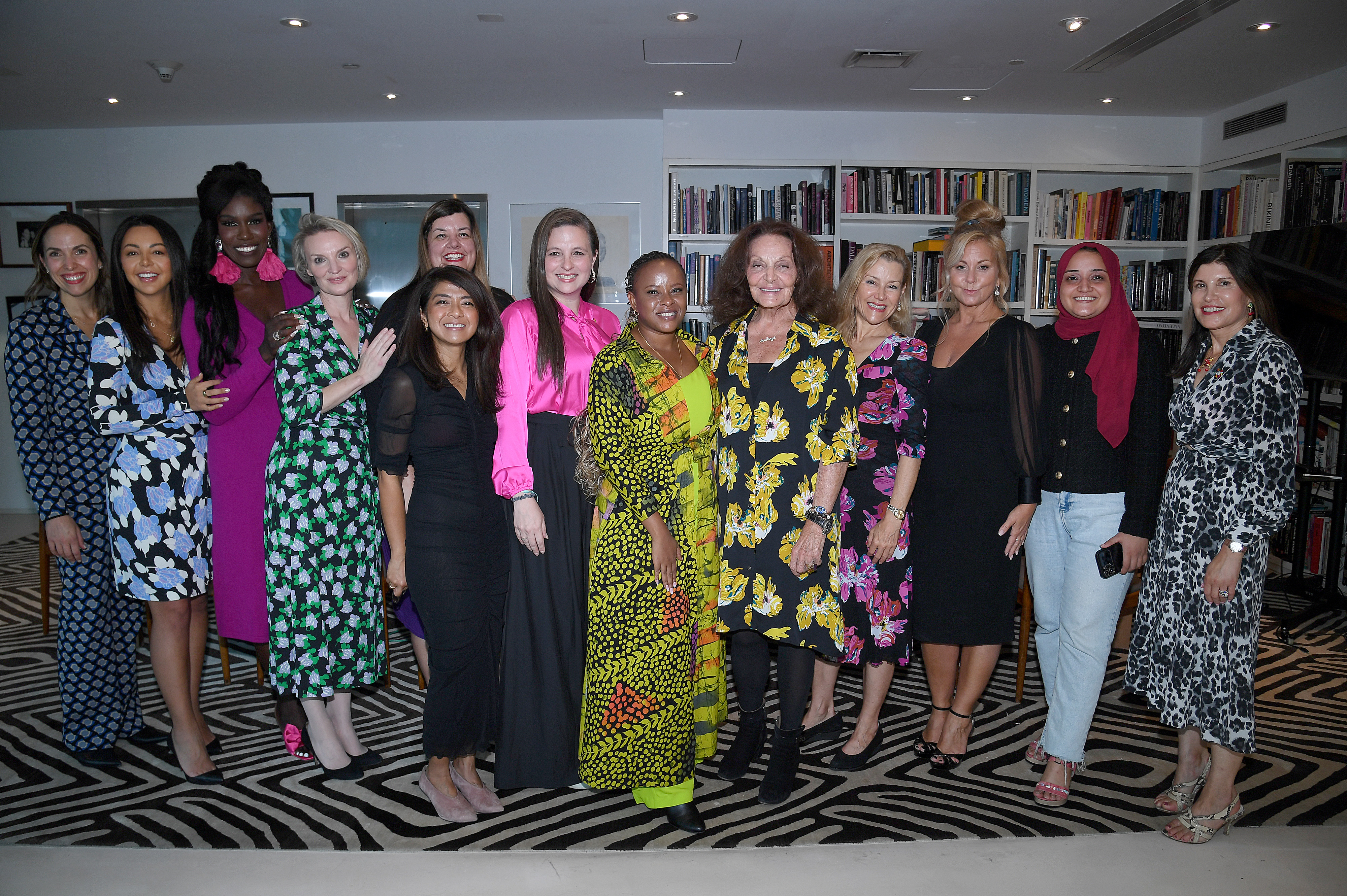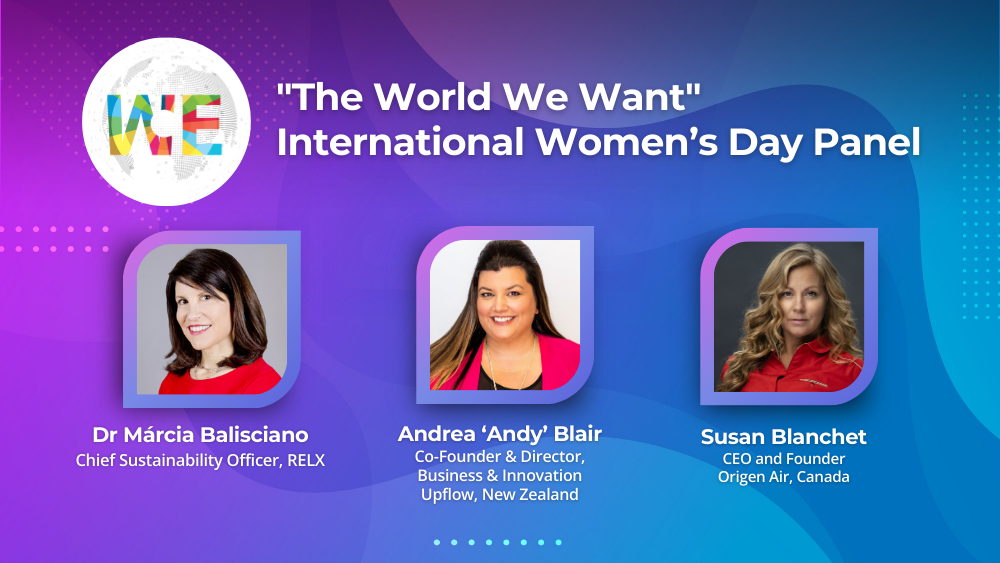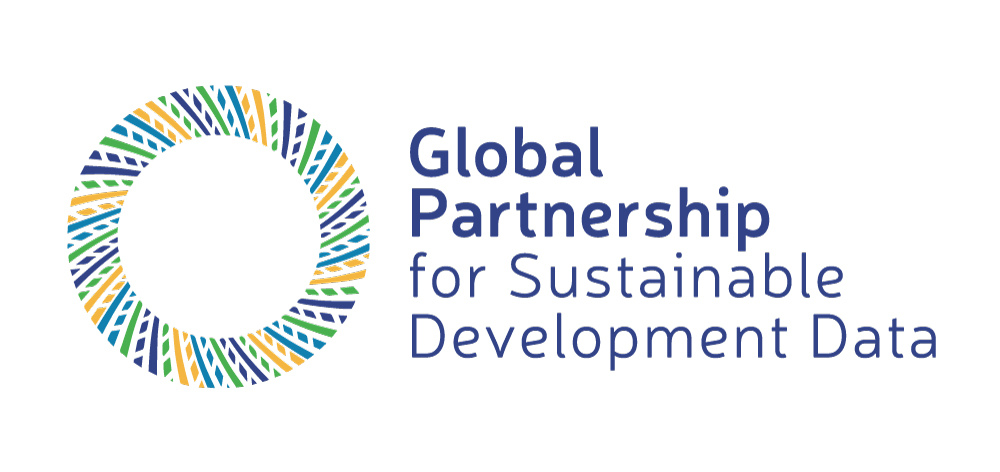Global partnerships represent the collaborative efforts of nations, organizations, and various stakeholders, aimed at addressing multifaceted challenges that transcend national boundaries. Central to the ambitions of the United Nations' 2030 Agenda for Sustainable Development, the 17th Sustainable Development Goal (SDG 17) specifically emphasizes the role of partnerships. It acknowledges that isolated efforts are insufficient when combatting complex, intertwined global issues such as poverty, hunger, education disparities, and climate change. Therefore, building and strengthening partnerships becomes paramount for optimizing resources, sharing best practices, and fostering innovation. SDG 17, aptly titled "Partnership for the Goals", underlines the symbiotic relationship between partnerships and the other SDGs. Without effective global cooperation, the realization of the remaining 16 SDGs remains elusive.
The nature of global challenges, such as the urgent threat of climate change, compels nations to collectively address these issues, integrating their unique resources and perspectives. Take, for example, the global response to the COVID-19 pandemic. Without international cooperation, resource sharing, and mutual support, managing the pandemic's impacts would have been significantly more challenging. By pooling scientific research, sharing vaccine development insights, and assisting vulnerable nations, the world demonstrated the indispensability of global partnerships.
Moreover, the dynamic of global partnerships has evolved with the incorporation of non-state actors. These include multinational corporations, non-governmental organizations, and civil society groups, which have emerged as critical players in the pursuit of the SDGs. Their inclusion in the global decision-making process is a testament to the understanding that sustainable development is not just the prerogative of governments, but of all stakeholders. It is a holistic endeavor that calls for the amalgamation of efforts from every sector of society.
Furthermore, partnerships can catalyze financial mobilization, a crucial element in achieving the SDGs. The vastness of the 2030 Agenda necessitates significant financial resources. By fostering global partnerships, nations can unlock new avenues of financing, stimulate investments in sustainable sectors, and amplify the impact of funds through blended finance mechanisms. For instance, the collaboration between public and private sectors can lead to innovative financial instruments that prioritize sustainable development, ensuring that investments align with the global goals.
In addition, knowledge sharing is a vital component of global partnerships. In the journey towards achieving the SDGs, countries can learn from each other's successes and failures. This peer-learning mechanism can expedite progress by replicating successful models and sidestepping pitfalls. Global partnerships thus become platforms for mutual learning, ensuring that no country is left behind due to a lack of expertise or resources.
However, while the merits of global partnerships are clear, ensuring their effectiveness requires transparent governance, mutual respect, and aligned objectives. Partnerships, both at the bilateral and multilateral levels, must prioritize inclusivity, ensuring that the voices of the marginalized and vulnerable are integrated into decision-making processes. By grounding partnerships in these principles, the world can harness their full potential in the drive towards the Sustainable Development Goals.
The number of countries with a national development plan has more than doubled, from about 62 in 2006 to 134 in 2018. More than 80 per cent of the global population now lives in a country with a national development plan of one form or another. This is a stunning recovery of a practice that had been discredited in the 1980s and 1990s as a relic of directed economies and state-led development. Several factors have fostered this re-emergence but from about 2015 the momentum for producing plans has accelerated, driven in part by a need to plan for the Sustainable Development Goals (SDGs).





